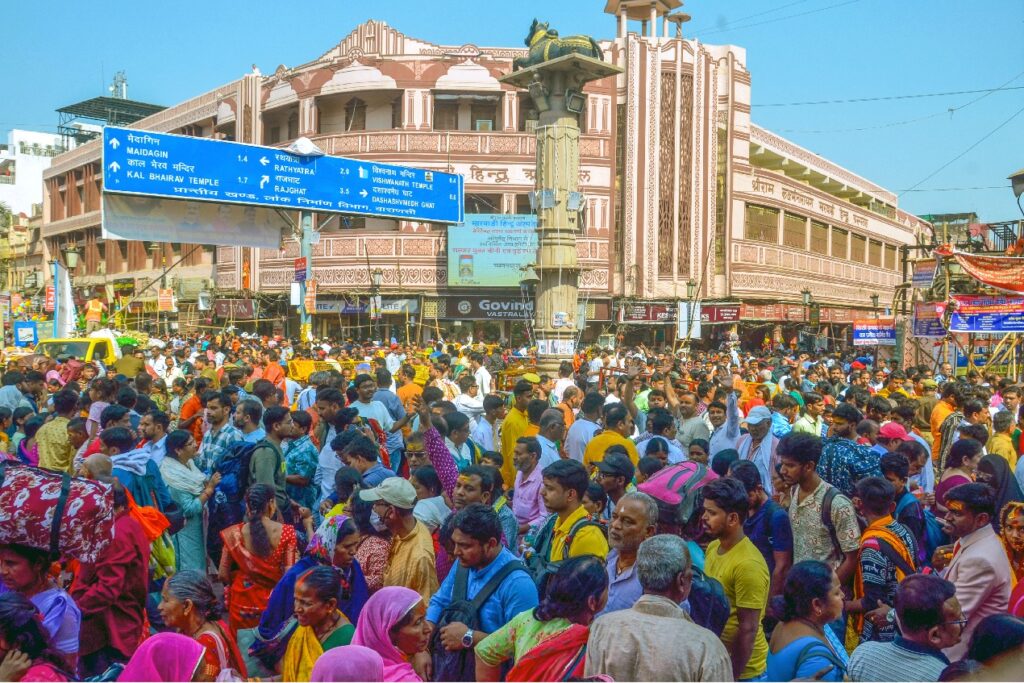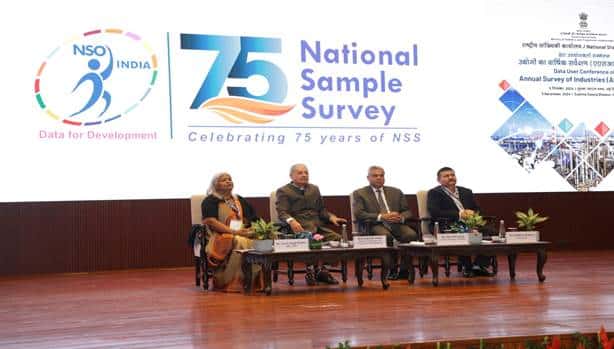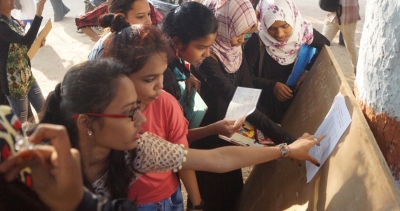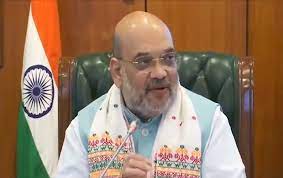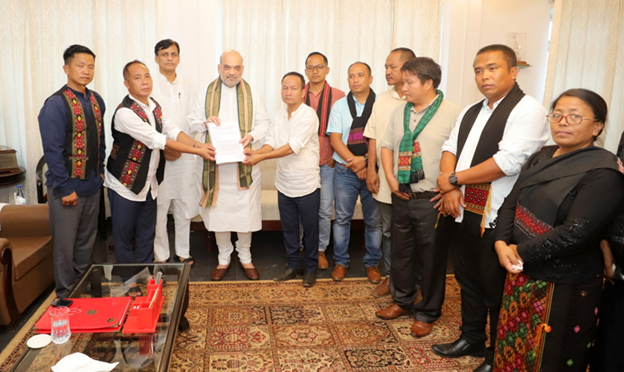‘Enhancing circularity & sustainability’ project to promote sustainable practices in textile sector
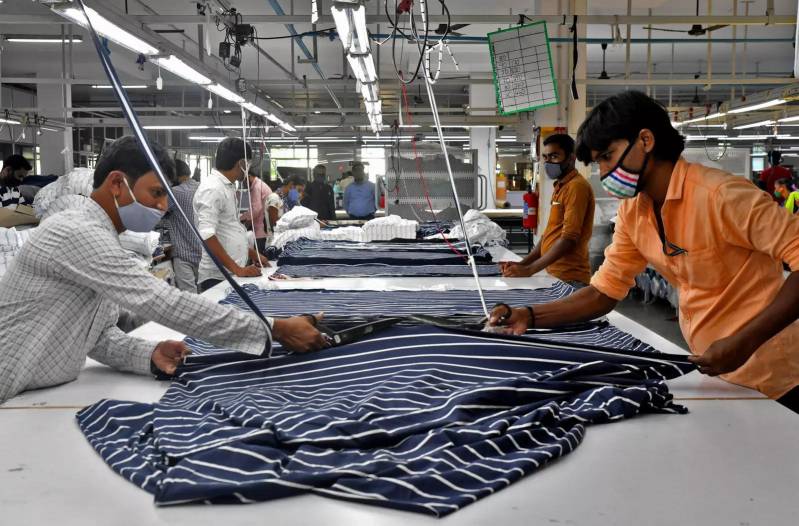
Approximately, 50 per cent of the fabric is wasted during the manufacturing process and the fast fashion trends lead to 81% of all manufactured garments getting dumped as landfills either due to short life cycle after consumer use or due to excess stock.
The Indian Government in collaboration with United Nations Environmental Programme (UNEP) has implemented a project called ‘Enhancing Circularity and Sustainability’ in India. The main objective of the project is to minimize the negative environmental impacts of Indian Textiles by promoting sustainable practices and mainstreaming knowledge on circular production based practices in the textiles and apparel sectors.
There are 20 approved strategic research projects in the areas of specialty fibres and geo textiles. Amongst them, 3 projects in the area of Textile waste recycling have also been approved.
The Apparel Export Promotion Council partnered with Fashion for Goods, Netherlands, also launched a drive on sustainability and circularity to boost the competitiveness of garment exports globally thereby making the textiles sector more efficient.
Approximately, 50 per cent of the fabric is wasted during the manufacturing process and the fast fashion trends lead to 81% of all manufactured garments getting dumped as landfills either due to short life cycle after consumer use or due to excess stock.
The magnitude of waste in landfill which is presumed to be 80% is due to the textiles waste. Yet almost 59% is recycled and reused. The global apparel market size expected to grow from $551.36 billion in 2021 to $605. 4 billion in 2022 is expected to grow to $843.13 billion in 2026, at a growth of 8.6%, stated AEPC.
India with its core strength on availability of variety of raw material with minimal import dependence leading to short lead times becomes a preferred manufacturing hub for the major international brands and retailers. The country has focused strategy towards encouraging wider penetration of these measures amongst the MSMEs hand holding these units with demonstrations and solutions, sustainability awards, branding efforts etc.
Besides this, a government initiative is assisting the Indian garment manufacturers to achieve their circularity goals by addressing problem areas including agricultural waste to textile, Chemical recycling of textile, Textile waste, Alternate leather, regenerative agriculture, Wastewater, Plastic recycling and Traceability in the textile supply chain.
India has a well- networked textiles waste value chain which is organized, enabling transfer of waste across the country.



